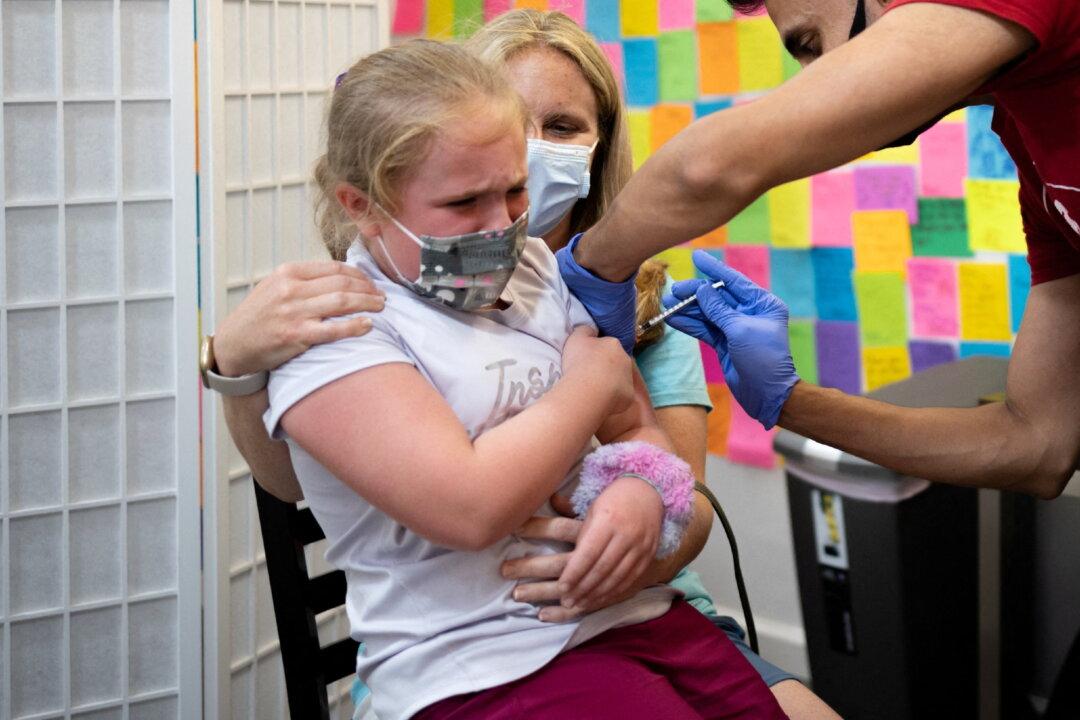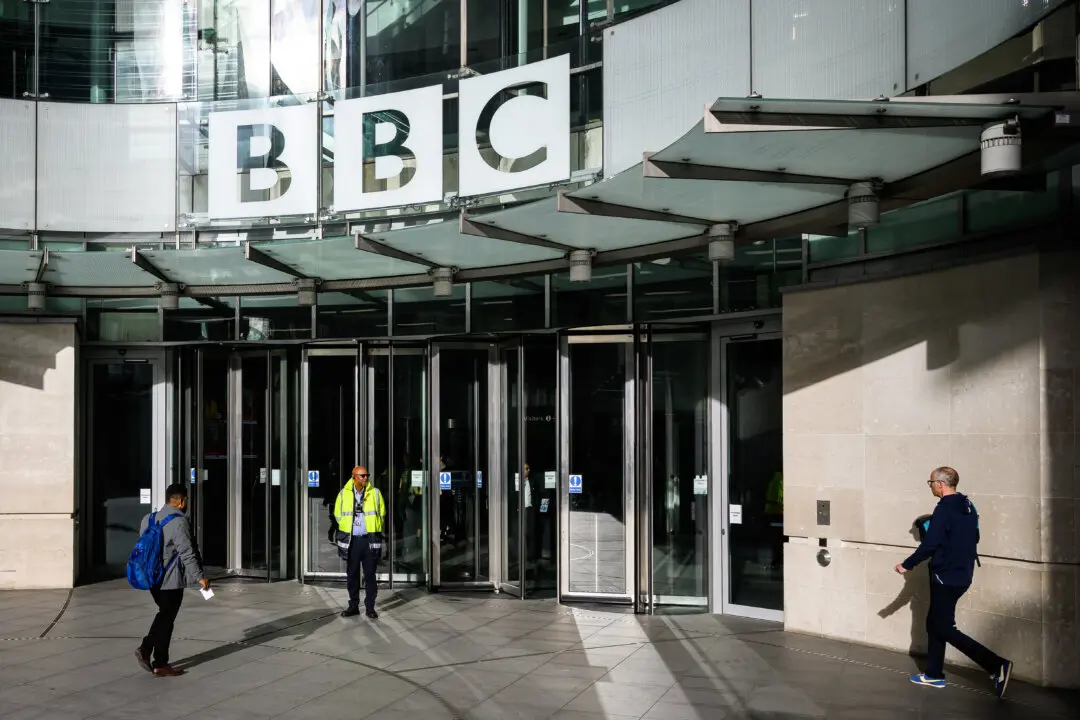The NHS has published a new “vaccine strategy” which proposes its staff should attend school parents’ evenings in a bid to reach those it terms “vaccine hesitant” following a ten-year decline in the number of children receiving all recommended jabs.
The report sets out aims to “make vaccination the business of everyone working in patient-facing roles” and proposes that unregistered staff should be allowed to administer injections.





